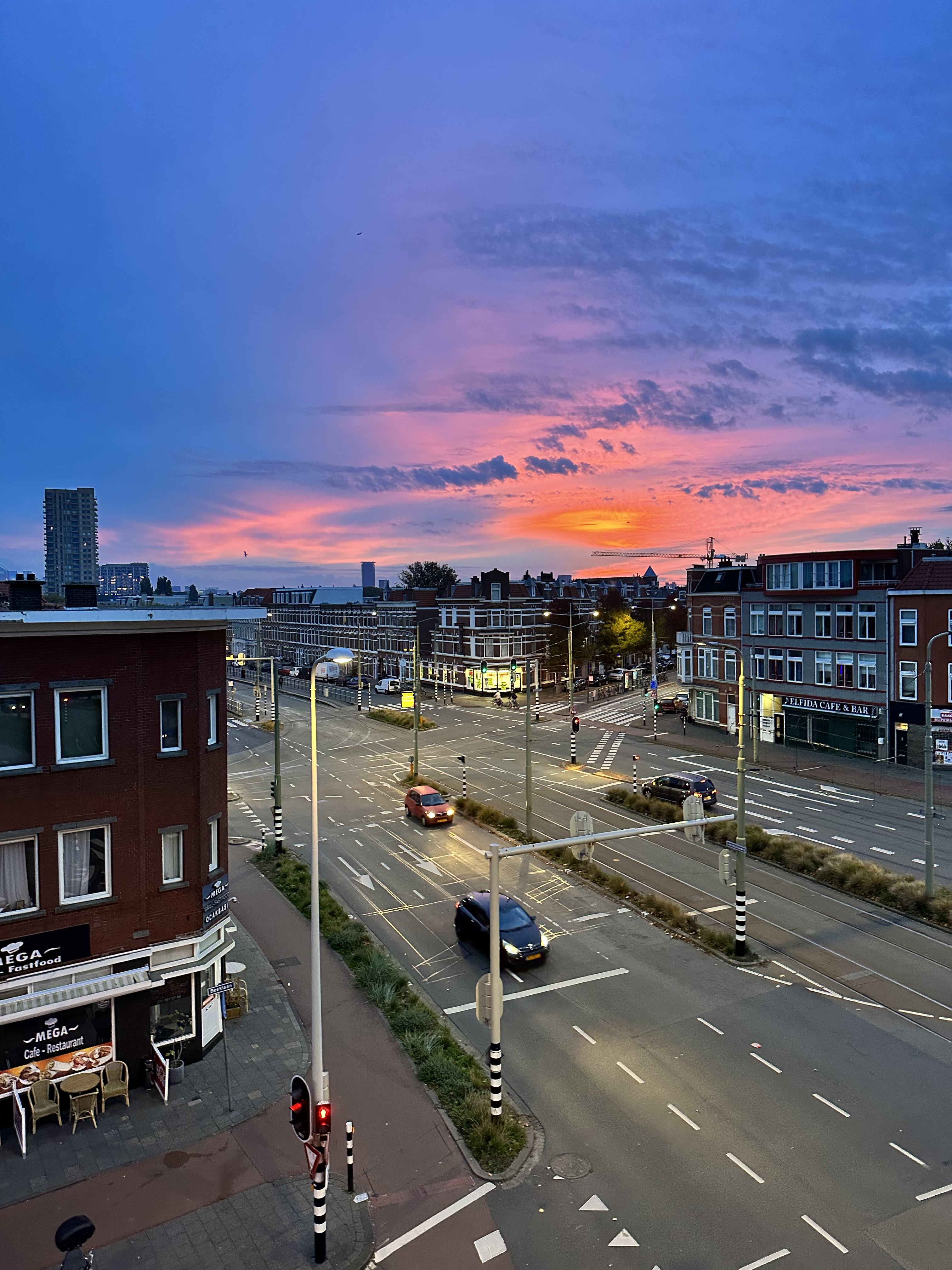Blogpost by: Julieta Matos-Castaño from the University of Twente, in collaboration with Anouk Geenen, Corelia Baibarac-Duignan (University of Twente), and Joris Voorhuis and Sebastiaan Palm (Marxman)
We have grown accustomed to the presence of technology everywhere in our cities. We know there is a camera watching us at the train station, sensors in public garbage containers, and scanners reading our license plates in the parking lot. These technologies constantly collect and process personal data to make our life easier: to manage crowds, make our waste process more sustainable and help us to find a parking spot.
They deliver value to our daily lives. However, technology and data can serve more than one purpose or lead to unintended consequences. This may jeopardize public values when data is used beyond the actual goal it was collected for, or when data is shared with third parties without you being informed about it. Let’s take surveillance cameras as an example. Surveillance cameras support law enforcement by identifying illegal or threatening behavior. However, the same cameras could suppress the right to assemble or protest under an authoritarian government. The same goes for mundane technologies like license plate readers. When used for malicious purposes, they can not only be used to register parking time but also locate drivers.
The privacy implications and potential misuse of personal data are worthy of attention. Smart cities involve a constant balancing act between delivering services and ensuring that public and private entities preserve public values. Efficiency, fairness, privacy, inclusion, and security are some of the values that come to play while developing smart cities. The list is long. Municipalities, legislators, tech providers, and citizens need to be constantly exploring ways to balance the potential benefits of technologies with the risks they may pose.
Privacy legislation and supervisory authorities exist to preserve and enforce our privacy rights and values. However, there is not always a clear-cut area on how and when to apply specific legal frameworks. For example, private use of camera surveillance is restricted by legislation and private entities may only film public space when it is ‘necessary’ for security reasons. However, authorities often turn a blind eye if the illegitimate recordings of those surveillance cameras allow identifying suspects of other criminal activities; justifying the invasion of privacy for the sake of security. These balancing acts make us acknowledge how public values are at stake. They indicate it is crucial to negotiate the tradeoffs we, as a society, are willing to accept – and under which circumstances.
These tradeoffs are often controversial. And this is not a bad thing. On the contrary, acknowledging and embracing the controversial aspects of technology offers the path to more human-centered smart cities that focus on serving citizens, and adapting to their context and the communities they are in. We tend to stay away from controversies because we associate conflict and confrontation with a lack of harmony. We perceive them as trouble, something that paralyzes us and that we need to fix. However, controversies are constructive and productive. When something becomes controversial, it makes us want to know more about what is at stake. It encourages us to deep dive into competing motivations and preferences.
Since technological advancements progress faster than our legal and governance frameworks, it is difficult (if not impossible) to develop universally binding principles that can be applied to all technology. To build a very much needed trust and transparency in smart cities, it is essential to establish dialogues around controversies and the competing values they encapsulate. This way, we can reflect on the impacts of technology on us and our cities. Controversies allow us to raise our concerns and share what matters to us.
But, what does it take to establish dialogues around controversies? It requires experimentation and transparency of the data processing. It calls for the involvement of various interest groups. It requires providing the means to reflect on urban futures, anticipating the intended and unintended consequences of technology, and coming up with potential solutions to bridge what might seem irreconcilable differences. Controversies are a breeding ground to learn, explore and innovate in smart cities. Let’s embrace them and foster collaborative processes and practices to use them constructively.
If you would like to know more about smart city controversies, visit the website of our research project ‘Designing for Controversies in Responsible Smart Cities’ or send an email to j.matoscastano@utwente.nl.
